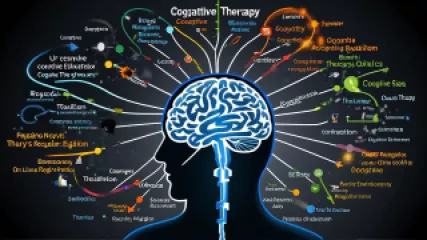Why Supportive Parenting is Key to a Healthy Parent-Child Relationship
1 year ago
Parent Child Relationship
10 Effective Coping Strategies for Better Mental Health
1 year ago
Coping Strategies
Overcoming Academic Stress: Lessons from the Underdog
1 year ago
Dealing with Academic Pressure
A Step-by-Step Guide to Managing Aging Parents
1 year ago
Aging Parents
My Journey Through Emotional Neglect: A Path to Empowerment
1 year ago
Understanding Emotional Neglect
How to Improve Your Parent-Child Relationship: A Step-by-Step Guide
1 year ago
Parent Child Relationship
Exploring Ethical Dilemmas Through Cinematic Lens
1 year ago
Ethical Dilemmas
How to Build Emotional Resilience in Kids: 7 Effective Strategies
1 year ago
Building Resilience in Kids
Debunking the Top 5 Mental Health Myths
1 year ago
Mental Health Myths Debunked
Mastering Cognitive Therapy: A Step-by-Step Guide for Online Trauma Recovery
1 year ago
Cognitive Therapy
What are the Mental Health Benefits of Physical Touch?
1 year ago
Benefits of Physical Touch
Navigating the Healing Process After a Breakup: A Step-by-Step Guide
1 year ago
Managing a Breakup
Reclaiming My Personal Space: A Journey of Self-Discovery
1 year ago
Personal Space Importance
Embracing the Joys and Challenges of Caring for Aging Parents
1 year ago
Aging Parents
Effective Strategies to Manage Academic Stress
1 year ago
Dealing with Academic Pressure















